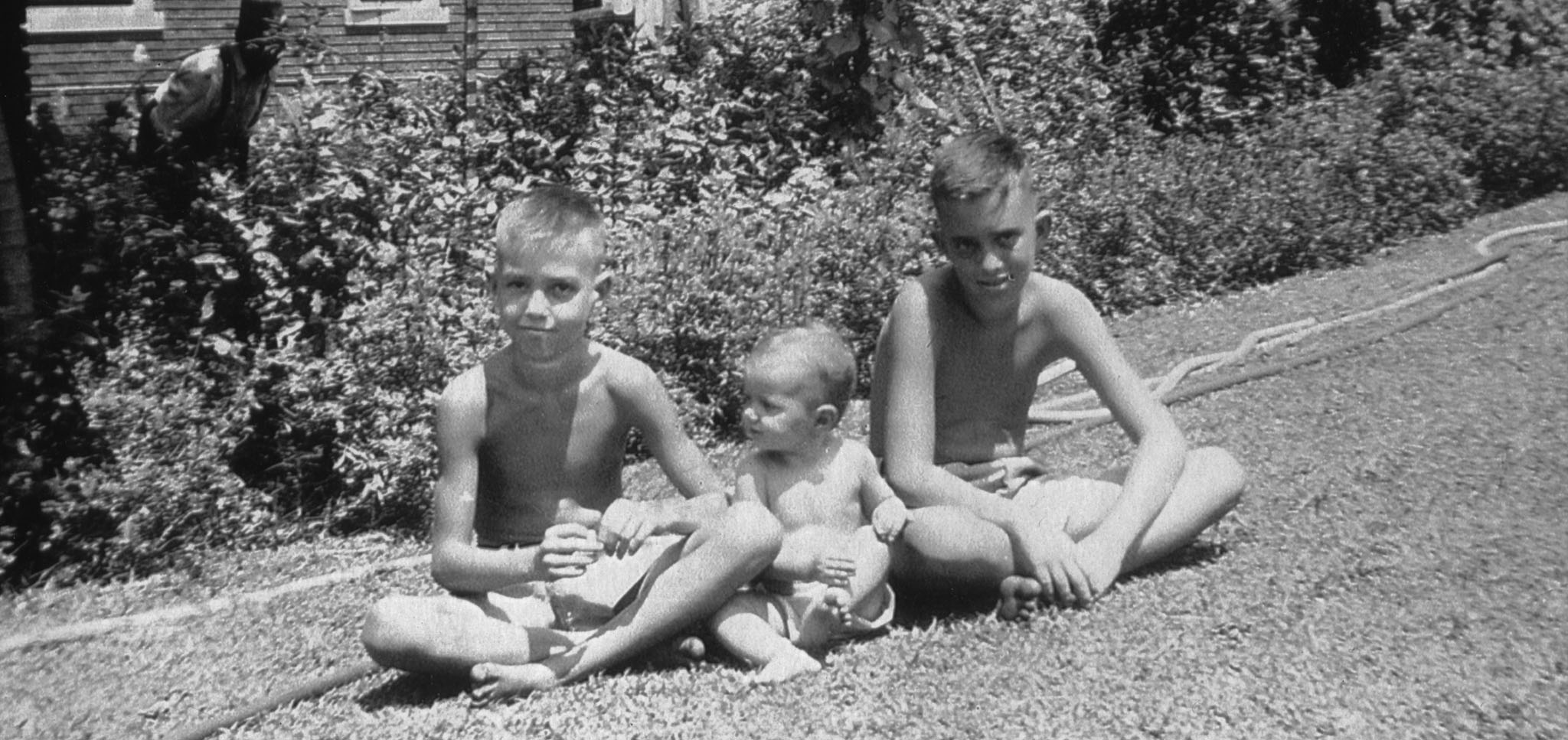
Here’s a way to foster family connection: Share a story from your family history. It doesn’t even
have to be a good story!
Research shows that one way people foster happiness is by creating a particular type of narrative about their history, one that demonstrates that family members have been through both good and bad times together, but through it all they’ve stuck together.
Kids who know a lot about their family history — the parts that they didn’t experience themselves, but that were passed down to them through stories — feel that they are a part of something much larger than themselves. This, in turn, gives kids enormous emotional benefits according to researchers Marshall Duke, Amber Lazarus and Robyn Fivush. These benefits include:
- a greater sense of control over their lives;
- higher self-esteem;
- better family functioning;
- greater family cohesiveness;
- lower levels of anxiety;
- fewer behavior problems.
In fact, in Duke, Lazarus, and Fivush’s research, knowledge of family narrative was more strongly associated with children’s emotional well-being than any other factor.
It’s not that knowledge of your family history provides all those benefits in and of itself; the way to build a happy family is not necessarily to start giving kids family history lessons. The researchers explain: “If simply knowing family history could make for better states of well-being, some might propose (confusing correlation with causation) that we simply teach children various facts about their families and they will become stronger. Clearly, this approach would not work!”
Duke, Lazarus, and Fivush go on to explain that most kids come to know their family history at times like dinner, or on vacation, or through holiday traditions — and that other research shows that these same situations and experiences occur more frequently in cohesive families.
All of these things together help kids experience themselves as a part of something larger than themselves, and that sense gives them “the personal strength and moral guidance…associated with increased resilience, better adjustment, and improved chances of good clinical and educational outcomes.”
So one way to build a happy family is to construct narratives about your family. Why not start this week? To help, I’ve created this list of 20 Questions to Ask at a Family Dinner.
Happy Thanksgiving, everyone! I’m so grateful for this wonderful community.
Photo credit: Hotlanta Voyeur
